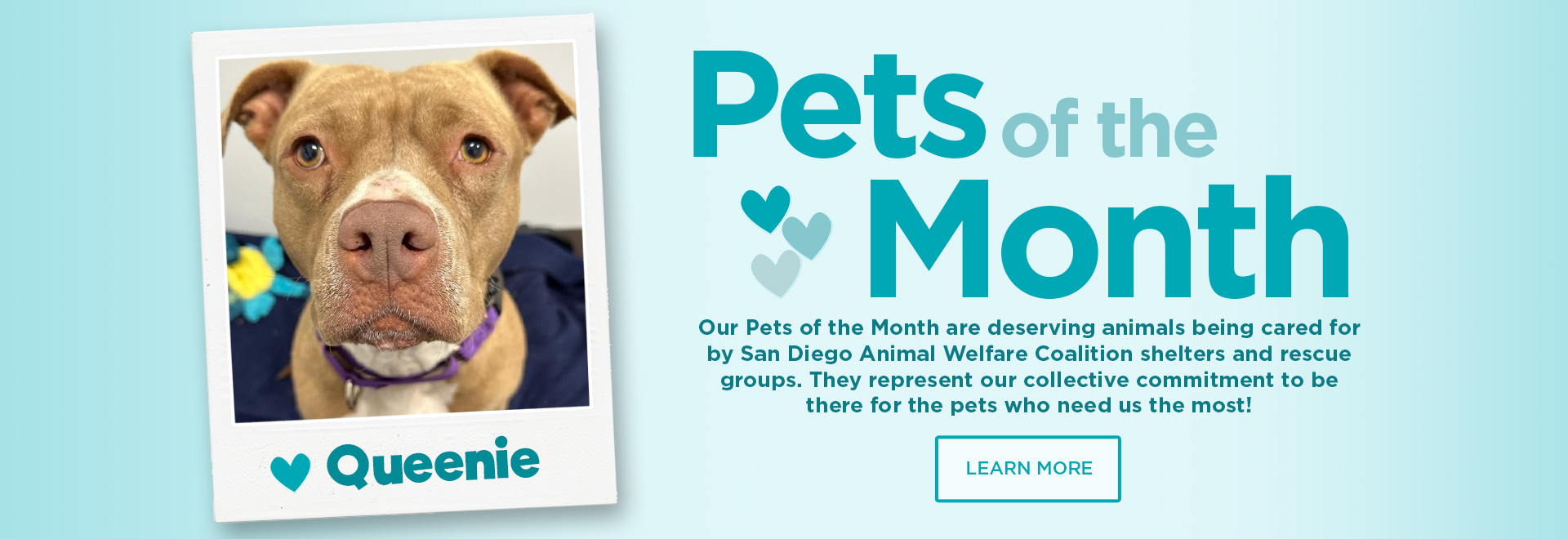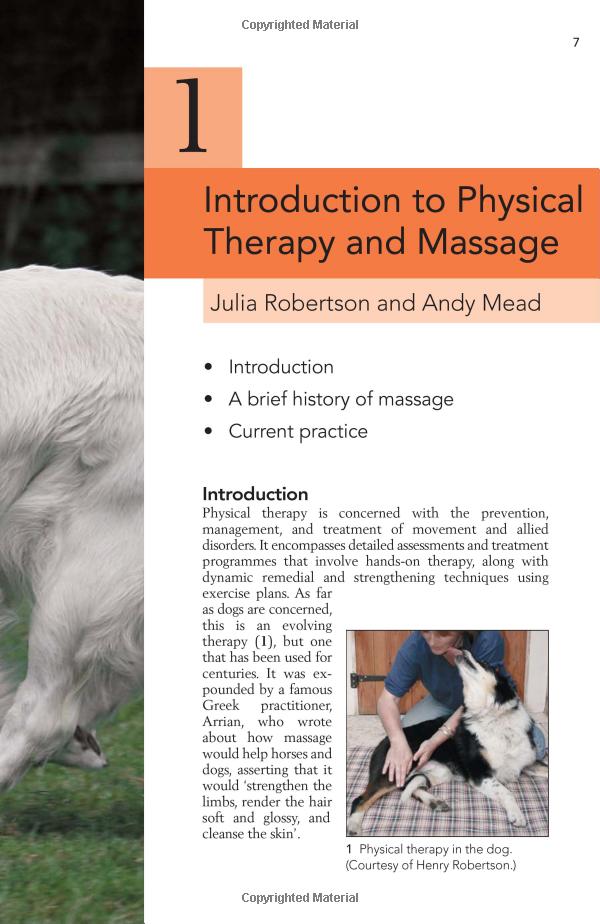Understanding Grieving After a Pet Dies: A Comprehensive Guide to Healing
Losing a beloved pet can be one of the most heart-wrenching experiences anyone can go through. The bond we share with our furry friends is unique and irrepl……
Losing a beloved pet can be one of the most heart-wrenching experiences anyone can go through. The bond we share with our furry friends is unique and irreplaceable, making the process of grieving after a pet dies a deeply personal journey. In this guide, we will explore the stages of grief, coping mechanisms, and ways to honor the memory of your pet, providing you with the support you need during this challenging time.
When a pet passes away, it’s not just the loss of an animal; it’s the end of a relationship filled with love, companionship, and joy. The process of grieving after a pet dies can vary greatly from person to person, influenced by factors such as the length of time you had your pet, the nature of your bond, and your personal coping strategies. It’s essential to acknowledge your feelings and understand that whatever you are experiencing is valid.
### Stages of Grief
The grief experienced after losing a pet often mirrors the stages of grief outlined by Elisabeth Kübler-Ross: denial, anger, bargaining, depression, and acceptance. Initially, you may find yourself in a state of disbelief, struggling to accept that your pet is gone. This denial can serve as a protective mechanism, allowing you to gradually process the reality of your loss.
As you move into the anger phase, you might feel frustrated or resentful, questioning why this happened or feeling anger toward yourself, your pet, or even the universe. Bargaining may follow, where you might find yourself wishing for more time or trying to negotiate with fate, often thinking about what you could have done differently.

Depression is a common stage where the weight of your loss truly hits you. You may feel isolated, sad, or even hopeless. This is a crucial time to reach out for support, whether from friends, family, or support groups dedicated to pet loss. Finally, acceptance doesn’t mean forgetting your pet; rather, it signifies coming to terms with the loss and finding a way to carry their memory forward.
### Coping Mechanisms
Coping with the grief of losing a pet is essential for healing. Here are some effective strategies:
1. **Talk About It**: Share your feelings with friends or family who understand the bond you had with your pet. Sometimes, just talking about your pet and sharing memories can be incredibly therapeutic.

2. **Create a Memorial**: Consider setting up a small memorial for your pet. This could be a photo album, a special place in your garden, or even a piece of art that reminds you of them.
3. **Journaling**: Writing down your feelings can provide an outlet for your grief. You can write letters to your pet, share memories, or express your emotions in a journal.
4. **Seek Professional Help**: If your grief feels overwhelming, don’t hesitate to seek help from a therapist who specializes in pet loss. They can provide guidance and support tailored to your situation.
5. **Adopt Another Pet**: When you feel ready, consider adopting another pet. While no animal can replace your lost friend, welcoming a new pet into your life can help fill the void and bring joy back into your home.

### Honoring Your Pet’s Memory
Finding ways to honor your pet can be a beautiful part of the healing process. You might choose to plant a tree in their memory, donate to an animal charity, or create a scrapbook filled with photos and mementos. These acts not only celebrate your pet’s life but also help you find closure.
In conclusion, grieving after a pet dies is a profound journey that requires time, patience, and self-compassion. Remember that it’s okay to grieve, and reaching out for support is a sign of strength. By acknowledging your feelings, finding healthy coping mechanisms, and honoring your pet’s memory, you can navigate this difficult time and eventually find peace in your heart.